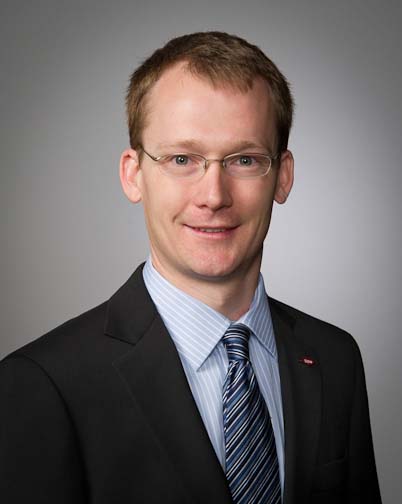Helen Pho, Associate Director
One of the most exciting collaborative projects that I’m working on this semester is creating a new video- and discussion-based workshop on informational interviewing for graduate students and postdocs. This means writing scripts of fictional informational interviews gone painfully wrong with my colleagues, working with actors who can perform the scenes, and collaborating with students and colleagues who can film and edit the videos, which has been and will continue to be a lot of fun leading up to our workshops in April!
Throughout college, I found the processes of networking in general and conducting information interviews in particular to be somewhat mysterious. As a first-gen student, I knew that networking was important but didn’t have any frame of reference. My parents didn’t work in offices, so growing up, I never saw them model what networking as a professional looks like. Additionally, informational interview meetings are generally private, one-on-one conversations between two people. Unless you’re already in the hot seat, you really can’t be a fly on the wall during someone else’s informational interview to observe how to do one well—or to observe what not to do!
When I work with graduate students and postdocs who are seeking internships and jobs, I often speak with them about why it is crucial to do informational interviews with professionals in the career fields they’d like to be in, brainstorm questions that students can ask during the actual conversation, and explain the whole process step-by-step from crafting an introductory email to staying in touch with the professional after the informational interview is over. With this new workshop, you’ll be able to get up close and personal with the do’s and don’ts of informational interviews and actually be a fly on the wall! By having students watch and talk about a filmed informational interview gone awry and another one gone well, with pauses in between scenes to discuss the good and the bad, we hope that you’ll learn to make the best first impression, ask the right questions, and come away with helpful information and a valuable professional contact as you venture off on your own to do informational interviews.
As a sneak peek into our workshops, here is a do and a don’t of international interviews that we’ll watch and discuss in details:
•Do: Be curious and prepare a good list of questions: Being the student to request an informational interview with someone who’s more senior, sometimes it can feel uncomfortable to come to a meeting ready to drive the conversation with a list of questions. You may feel reluctant to do so for any number of reasons, but remember that professionals who agreed to meet with you are eager to help you as much as they can. Think about the goals you have for meeting. Are you interested in learning about how they prepared for their career? Do you want to learn about the employers they’ve worked with? Are you hoping to find out how they transitioned from academia to industry? Your goals can help frame the questions you devise, so you can get the most out of your informational interview, and the professional contact can be as helpful as possible.
•Don’t: Stumble on the “Tell me about yourself” question: One of the common mistakes that graduate students make when they introduce themselves is to simply state that they’re a graduate student and then provide a 5 minute detailed explanation of their research. While discussing your research is a good idea, keep it short and talk about it in a way that someone who doesn’t share your expertise can understand why your research is important. It’s also helpful to relate the skills you’ve used in your graduate work and any prior work experiences to how you might apply them in a future career in the professional contact’s field or industry. By establishing common interests and shared connections, you’ll make a good first impression and begin to build a relationship with the professional at the outset of your conversation.
Come to one of our two interactive workshops (info below) to learn more about the other do’s and don’ts of informational interviews. You will laugh, you will cringe, you might even laugh-cry, but it’s sure to get you thinking about how you can present the best version of yourself in these important networking conversations!
•The first workshop (open to all graduate students and postdocs as part of the Job Search Series) will take place on Thursday, April 5 from 12-1:30pm in the McNeil Building, conference room 97. Please “Join the Event” on Handshake for updates and reminders for the program: https://app.joinhandshake.com/events/112840
•The second workshop (tailored specifically for first-gen grad students as part of our Generation First series, although all graduate students and postdocs are welcome) will take place on Thursday, April 12 from 3-4:30pm in McNeil Building, conference room 97. Please “Join the Event” on Handshake for updates and reminders for the programs: https://app.joinhandshake.com/events/112841


